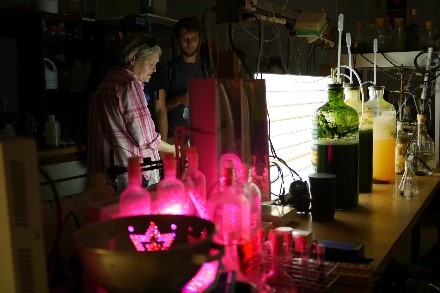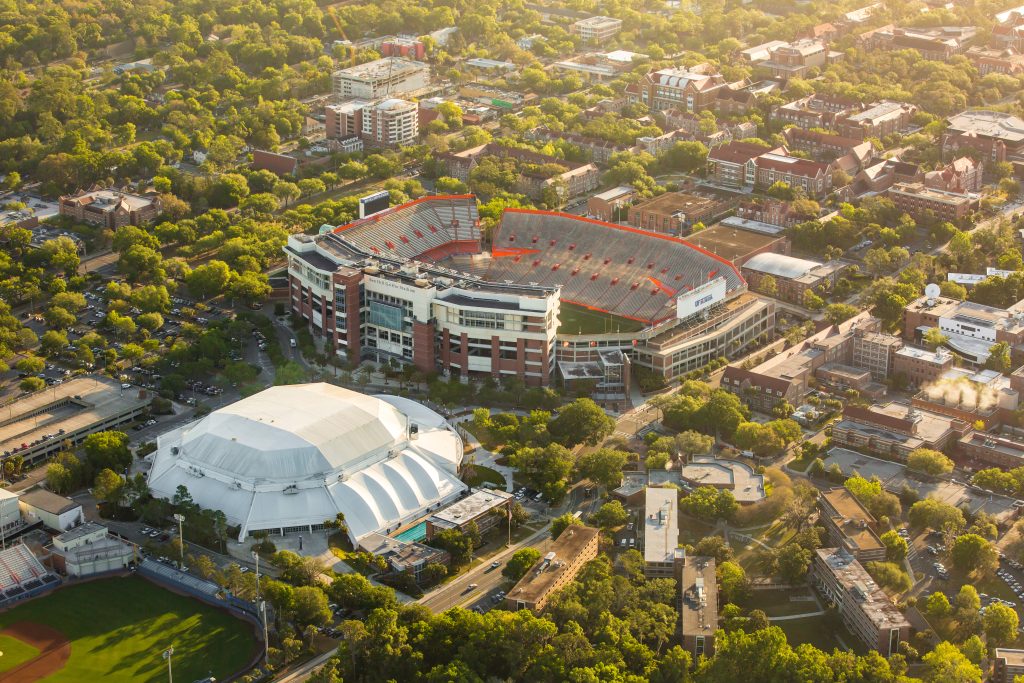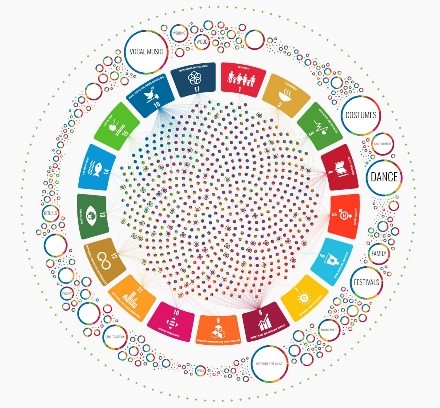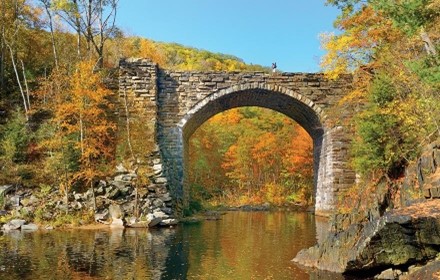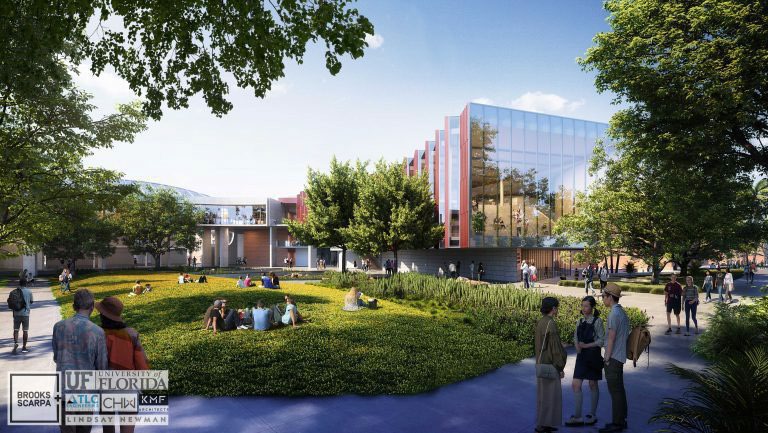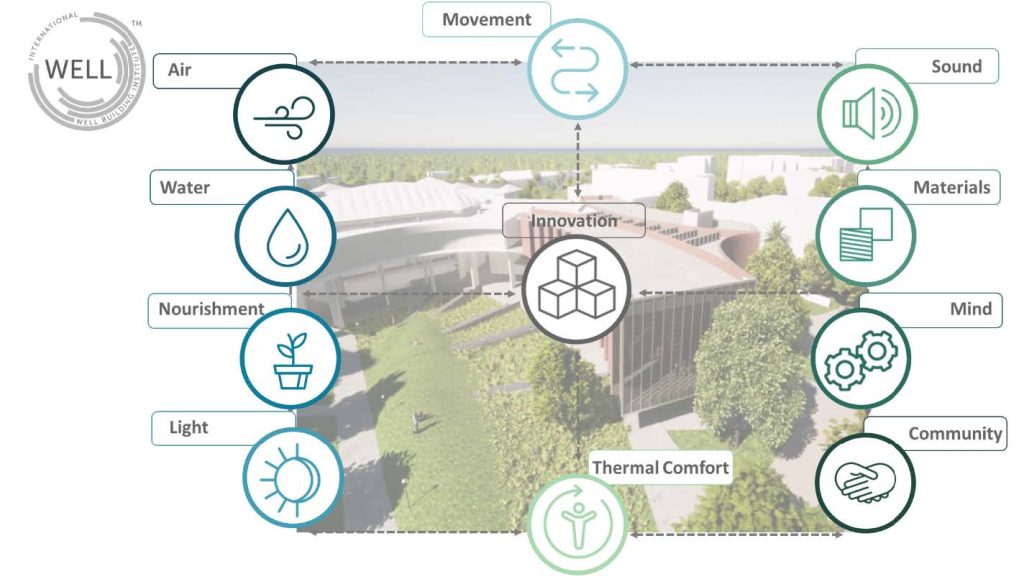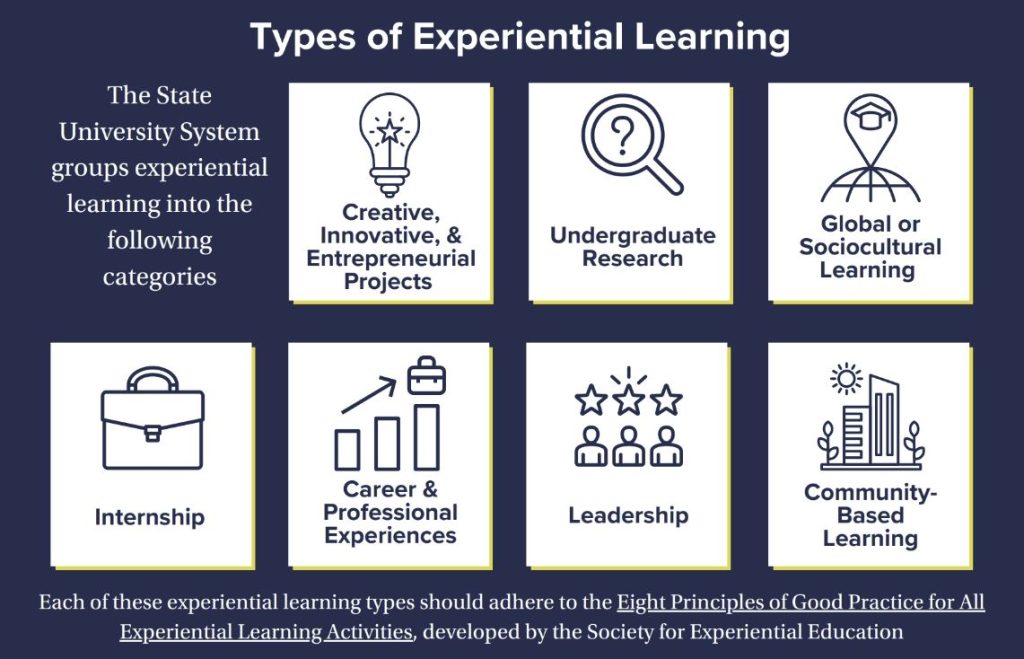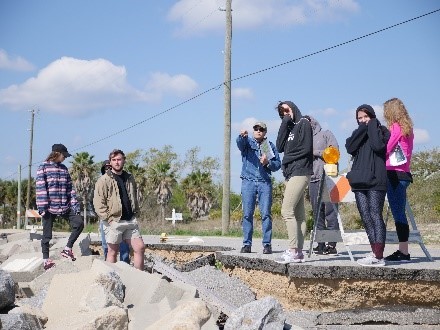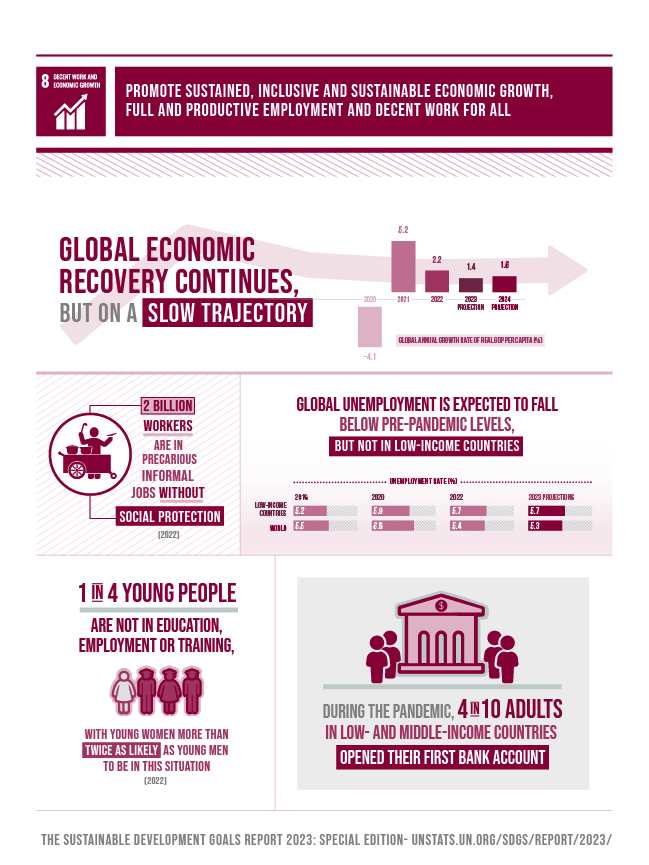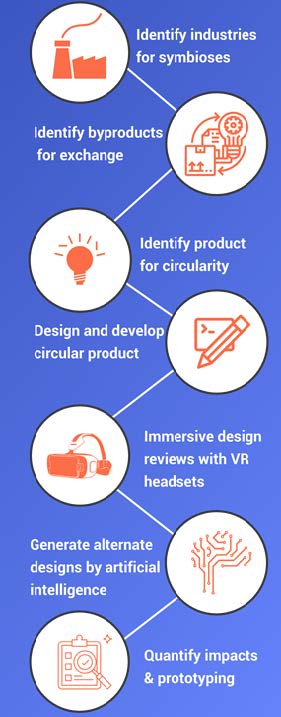Courses @ SBE | Undergraduate
Welcome to the BSSBE Curricula
The Bachelor of Science in Sustainability and the Built Environment (BSSBE) offers an interdisciplinary degree path for students interested in the global context of a vibrant and humane planetary presence. Our SBE controlled curricula includes a mix of core required courses, field experience courses, and optional elective courses.
Beyond the our SBE courses, BSSBE Majors have an opportunity to select from a curated set of general and clustered electives. These optional courses complement the breadth of knowledge and skills prominent within the SBE courses by concentrating on specialized content that adds depth in targeted topics tailored to each student’s unique interests and career pathway.

Courses Controlled by SBE
Core Required Courses
The following SBE controlled core courses are required for all BSSBE Majors.
Field Experience Courses
The following SBE controlled courses are approved options for the field experience requirement for all BSSBE Majors. Students conducting SBE related internships, engaged in study abroad programs, and/or volunteering for mission-aligned organizations should pursue the DCP 4942 credits based on the hours that will accrue over the duration of the experience. Additional field experience opportunities are available from other sources and formats, such as relevant hands-on courses within the Gulf Scholars Program.
Optional Elective Courses
The following SBE controlled elective courses are optional and approved for all BSSBE Majors.
Required Courses Beyond SBE
Critical Tracking records each student’s progress in courses that are required for progress toward each major. Please note the critical-tracking requirements below on a per-semester basis. Equivalent critical-tracking courses as determined by the State of Florida Common Course Prerequisites may be used for transfer students.
Approved Elective Courses
While the BSSBE degree pathway offers students considerable freedom of choice in a variety of 1000 through 4000 level courses taught across a multitude of UF academic units, all BSSBE Majors are required to take courses from a curated set of elective clusters.

